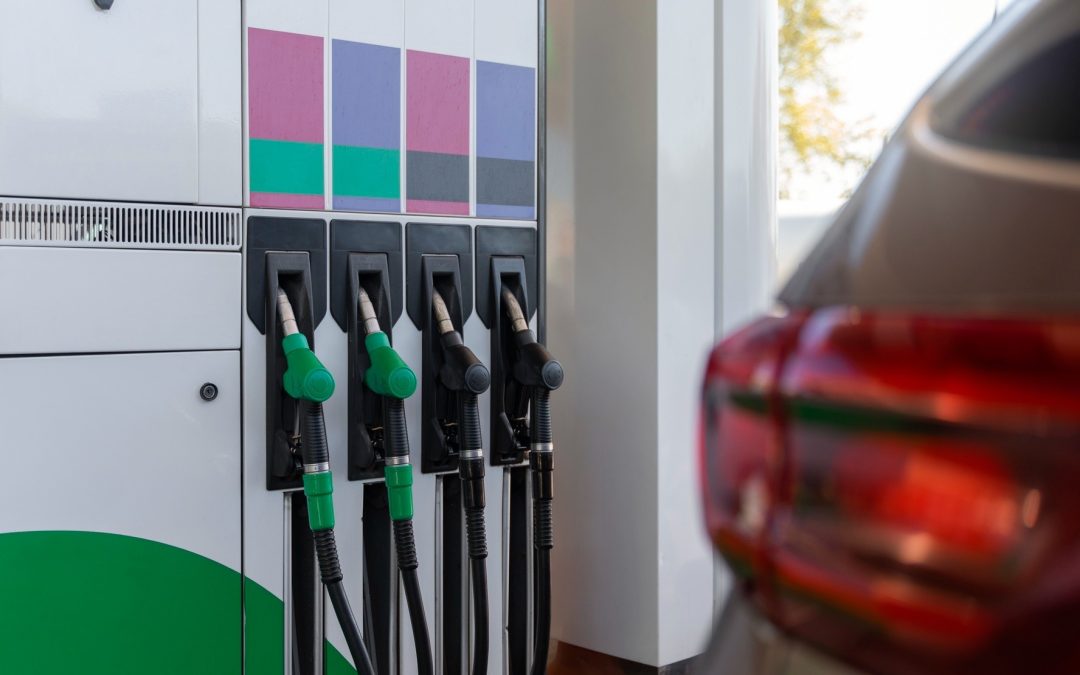Introduction
Prefabricated structures, also known as prefab buildings, have gained significant popularity in modern construction due to their numerous advantages and innovative designs. At Fuel Pro, we offer a range of prefabricated structures, including polyester and polyurethane panel structures, wooden prefabs, and Durawall prefab structures. This blog post delves into the role of prefabricated structures in contemporary construction, highlighting their benefits, applications, and the innovative solutions provided by Fuel Pro.
The Rise of Prefabricated Structures
Historical Background
The concept of prefabricated construction dates back to the early 20th century when the need for quick and efficient building solutions arose. Initially, prefab buildings were primarily used for temporary structures and military barracks. However, advancements in materials and construction techniques have transformed prefabricated structures into permanent, high-quality buildings suitable for a wide range of applications.
Modern Developments
In recent years, the prefabrication industry has witnessed significant advancements. Modern prefabricated structures are designed with precision and built using state-of-the-art materials and technologies. These developments have expanded the scope of prefab buildings, making them suitable for residential, commercial, and industrial applications.
Advantages of Prefabricated Structures
Speed of Construction
One of the most significant advantages of prefabricated structures is the speed of construction. Since the components are manufactured off-site and assembled on-site, the construction process is much faster compared to traditional building methods. This results in reduced project timelines and quicker occupancy.
Cost-Effectiveness
Prefabricated buildings are generally more cost-effective than conventional structures. The streamlined manufacturing process, reduced labor costs, and minimized waste contribute to significant savings. Additionally, the shorter construction time reduces financing and holding costs, making prefab buildings an economical choice.
Quality Control
Prefabricated components are manufactured in controlled factory environments, ensuring consistent quality and precision. This reduces the risk of on-site errors and ensures that the final structure meets high standards of craftsmanship and durability.
Sustainability
Prefabricated construction is inherently more sustainable than traditional methods. The efficient use of materials, reduced waste, and minimized environmental impact contribute to the overall sustainability of prefab buildings. Additionally, many prefabricated structures are designed with energy efficiency in mind, further reducing their environmental footprint.
Versatility and Flexibility
Prefabricated structures offer a high degree of versatility and flexibility. They can be customized to meet specific design and functional requirements, making them suitable for a wide range of applications. Whether it’s an office building, residential home, or industrial facility, prefab buildings can be tailored to suit various needs.
Applications of Prefabricated Structures
Residential Buildings
Prefabricated structures are increasingly being used for residential buildings. They offer a quick and cost-effective solution for housing needs, providing high-quality, durable, and energy-efficient homes. Prefab residential buildings can be customized to suit different architectural styles and preferences.
Commercial Buildings
In the commercial sector, prefabricated structures are ideal for office buildings, retail spaces, and hospitality establishments. Their speed of construction and cost-effectiveness make them an attractive option for businesses looking to expand or establish new premises quickly.
Industrial Facilities
Prefabricated buildings are well-suited for industrial applications, including warehouses, factories, and storage facilities. Their robust construction, flexibility, and scalability make them ideal for various industrial needs.
Educational and Healthcare Facilities
Prefabricated structures are also used for educational and healthcare facilities. Schools, colleges, clinics, and hospitals can benefit from the speed and efficiency of prefab construction, allowing them to serve their communities effectively.
Fuel Pro’s Prefabricated Solutions
At Fuel Pro, we offer a range of prefabricated structures designed to meet the diverse needs of our clients. Our solutions are characterized by quality, innovation, and sustainability.
Polyester and Polyurethane Panel Structures
Our polyester and polyurethane panel structures are ideal for both urban and rural applications. These panels offer excellent insulation properties, durability, and quick assembly. They are suitable for various uses, including offices, accommodations, clinics, and more.
Wooden Prefabs
Fuel Pro’s wooden prefab structures provide an eco-friendly and aesthetically pleasing solution for residential and commercial needs. These structures combine the warmth and beauty of natural wood with modern construction techniques, ensuring durability and comfort. Wooden prefabs are quick to assemble and can

